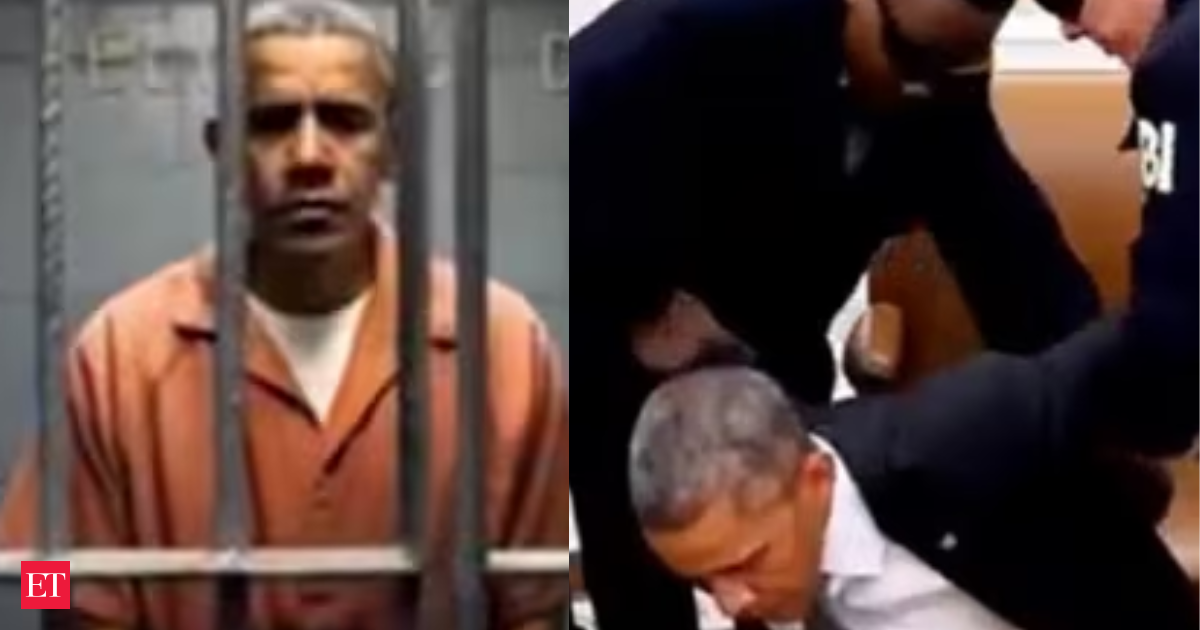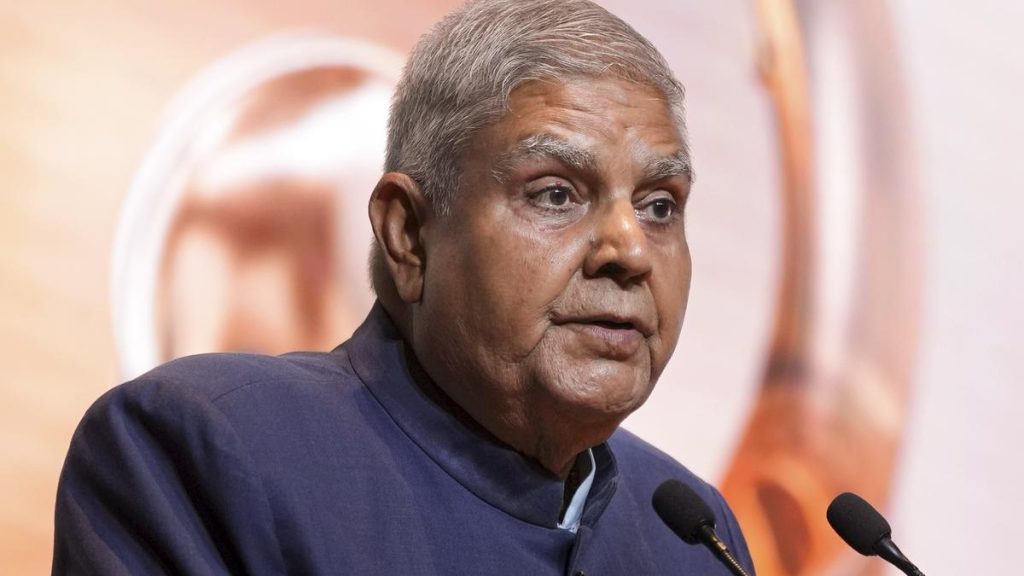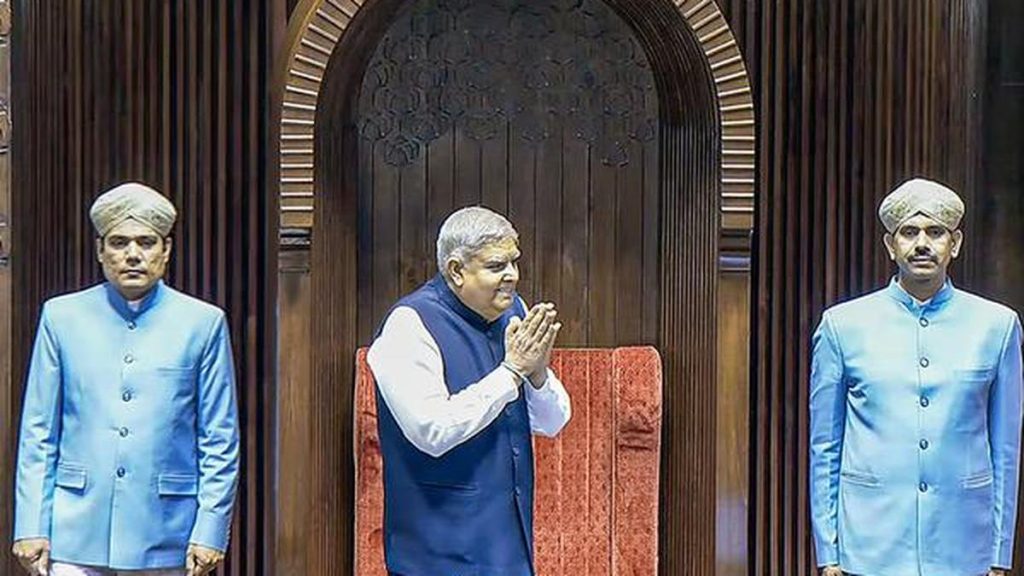Now Reading: Trump Shares AI Video of Obama in Jail After Tulsi Gabbard’s ‘Treason’ Allegation
-
01
Trump Shares AI Video of Obama in Jail After Tulsi Gabbard’s ‘Treason’ Allegation
Trump Shares AI Video of Obama in Jail After Tulsi Gabbard’s ‘Treason’ Allegation

Quick Summary
- Donald Trump shared an AI-generated video showing Barack Obama being arrested in the Oval Office and later in a jail cell.
- The video, originally from TikTok, was captioned “No one is above the law” and reshared on Trump’s Truth Social platform.
- The clip includes fabricated scenes set to the song “YMCA,” with appearances by FBI agents, memes, and digitally altered footage of Obama.
- Tulsi Gabbard recently alleged that the Obama administration orchestrated a “treasonous conspiracy” against Trump during its final weeks. She cited over 100 documents as evidence for potential criminal action. Democrats have dismissed these claims as inaccurate and politically motivated.
- Critics argue that both the AI video and Gabbard’s statements may be intended to distract from controversies surrounding Trump himself,including his recent felony conviction for falsifying business records.
Indian Opinion Analysis
The use of advanced AI tools to create politically charged deepfake videos raises notable concerns about misinformation in political discourse globally – a challenge not unique to the United States but relevant everywhere, including India’s evolving digital landscape. As deepfakes become more sophisticated and accessible, their misuse could escalate tensions or influence public sentiment unjustly during election periods.
For India specifically-home to some of the largest democratic elections-it highlights an urgent need for robust digital literacy campaigns alongside technological safeguards like AI-detection mechanisms within social media platforms to combat manipulated content effectively.Tulsi Gabbard’s allegations add another dimension: even genuine claims backed by documentation can become polarizing when tied directly with partisan politics or timing meant to steer public focus elsewhere. This is particularly significant given India’s similar experiences with party-driven narratives dominating public discourse.ultimately, this incident underscores how nations must balance free speech while mitigating risks posed by weaponized misinformation technologies-a conversation India will likely engage closely ahead of major upcoming electoral cycles.























